
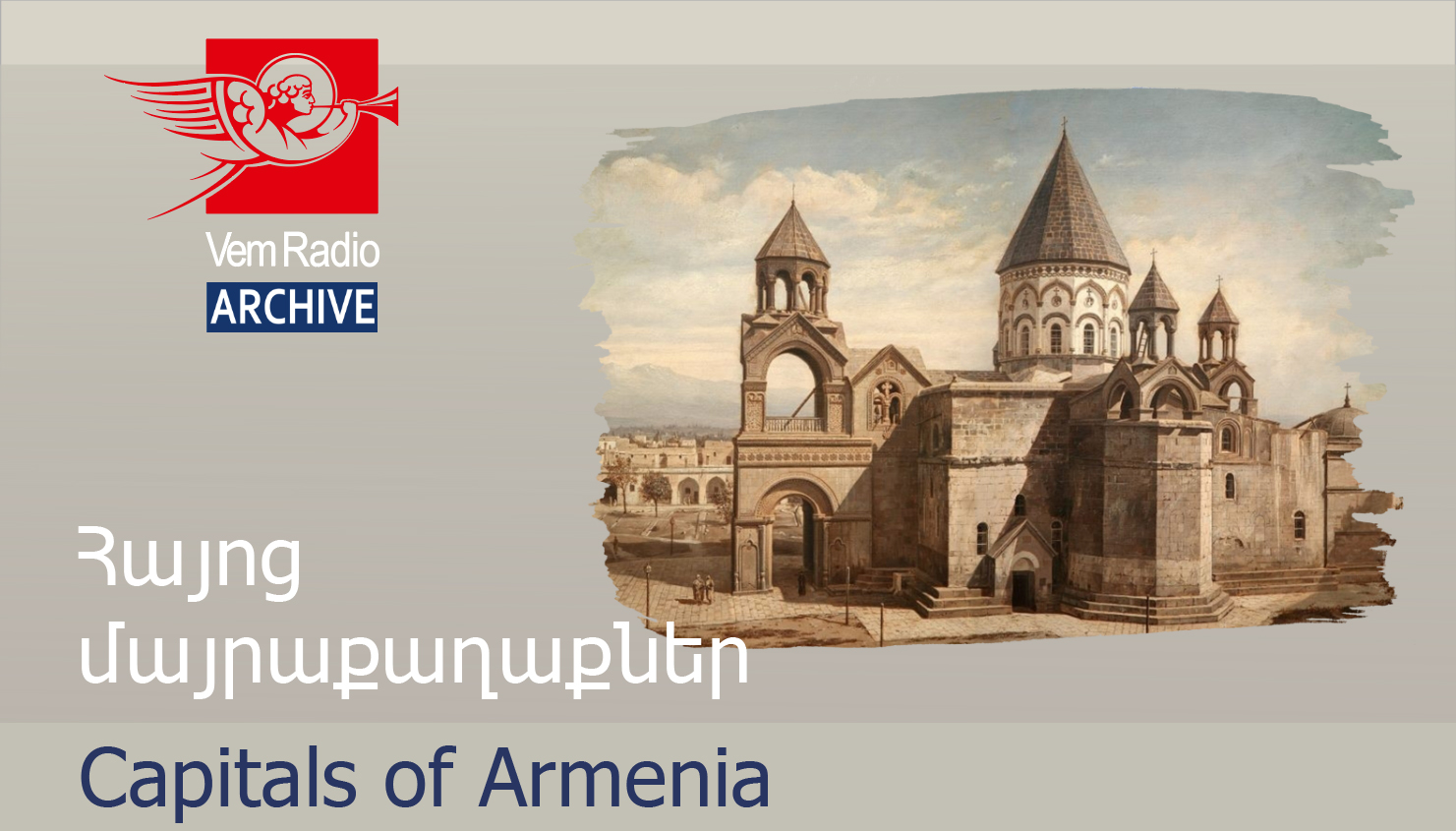
Capitals of Armenia
Vem Radio presents the radio version of the book "Capital Cities of Armenia" by Sergey Vardanyan. In a series of broadcasts, on the basis of studies by Armenian and foreign historians, scientists, and archaeologists, as well as on testimonies of travel authors, the history of the capitals of Armenia is outlined.


Yerevan
The genuine history of Yerevan starts with the foundation of Erebuni fortress. To build Erebuni, Argishti the First brought 6600 war-prisoners from the country of Hittites and Sophene, who erected forged walls, temples and palaces, houses, and barracks on a hill. In the Armenian sources, Yerevan was first mentioned in the beginning of the 7th century in the "Book of Letters."

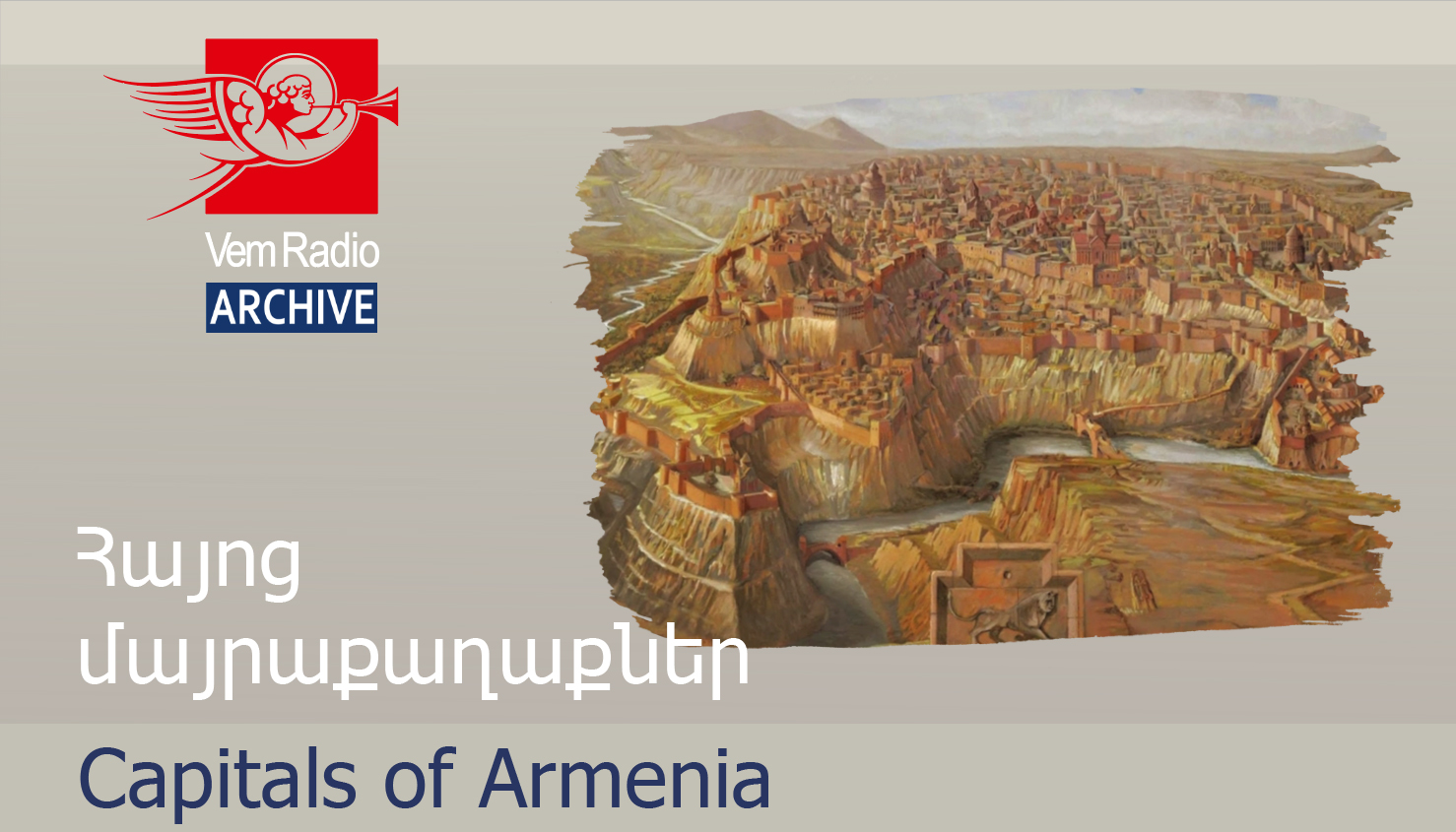
Ani
None of the Armenian capitals was researched so well as Ani. The studies of Ghevond Alishan are proved to be invaluable for elucidating the history of Ani. The first Armenian historian who mentioned Ani was Elishe, then Lazar Parpetsi. After transferring the three capitals in a short period, the Bagratids settled in Ani. Ani was a city full of churches. Armenian and foreign historians and travelers called Ani a city of a thousand and one churches. In 1921, Ani was transferred to Turkey in accordance with the Treaty of Kars.

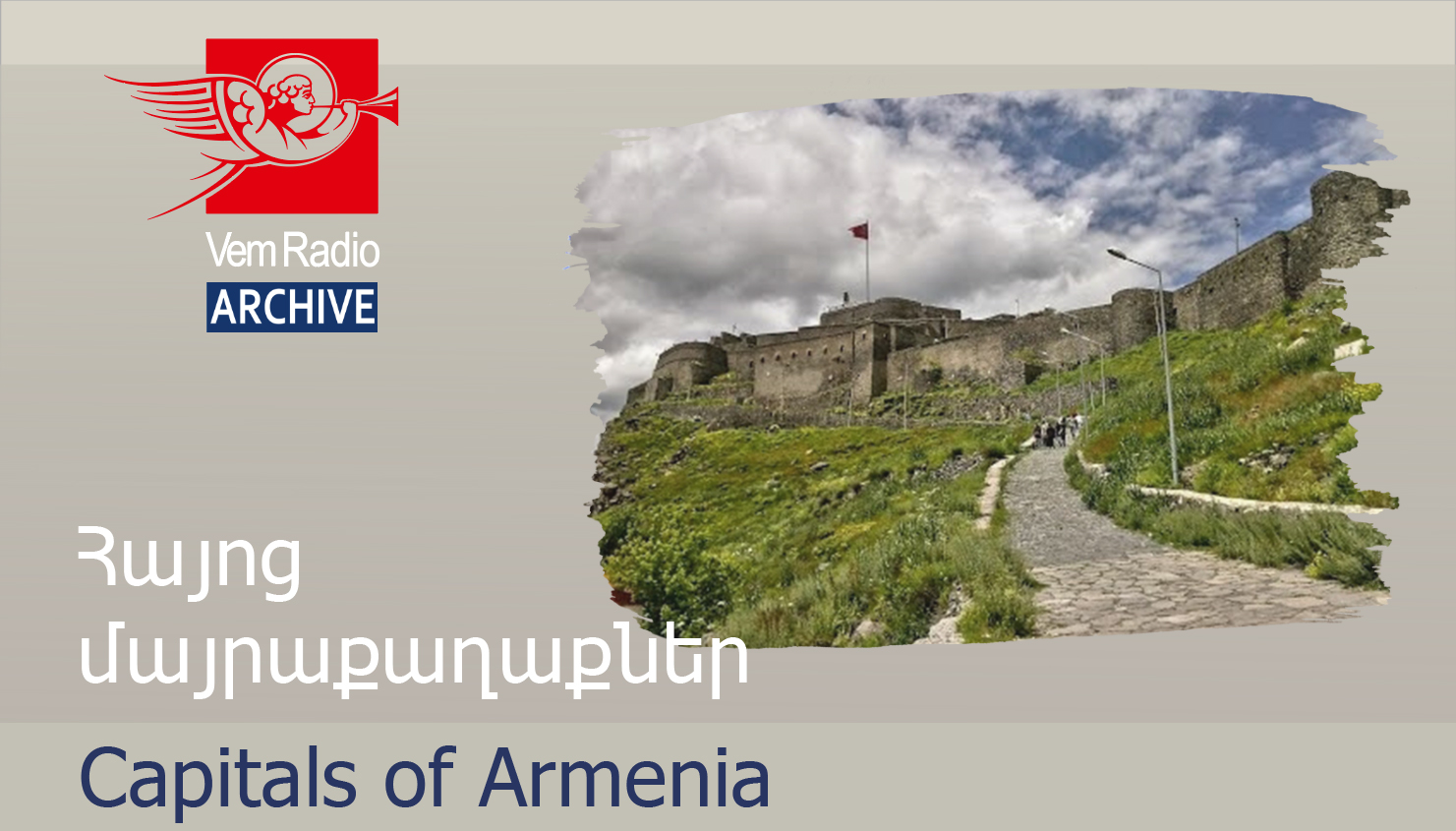
Kars
The growth and prosperity of Kars was directly connected with the creation of the Bagratid Kingdom. After the death of Ashot Yerkat, Abas was declared the king (929-953) and Kars became the capital city. During the wars between the Georgians and the Seljuks, Kars was passed from hand to hand. In 1921, the region of Kars passed to Turkey.


Shirakavan
After the death of Ashot Bagratuni, his son Smbat Bagratuni inherited the throne and reigned in his residence Shirakavan, in the new capital city of the country. Shirakavan was ruined by the Seljuks in the 11th century and was restored in the second half of the 12th century. The inhabitants of Shirakavan were evicted in 1920 and part of them settled in the village Yerazgavors of Akhuryan region.

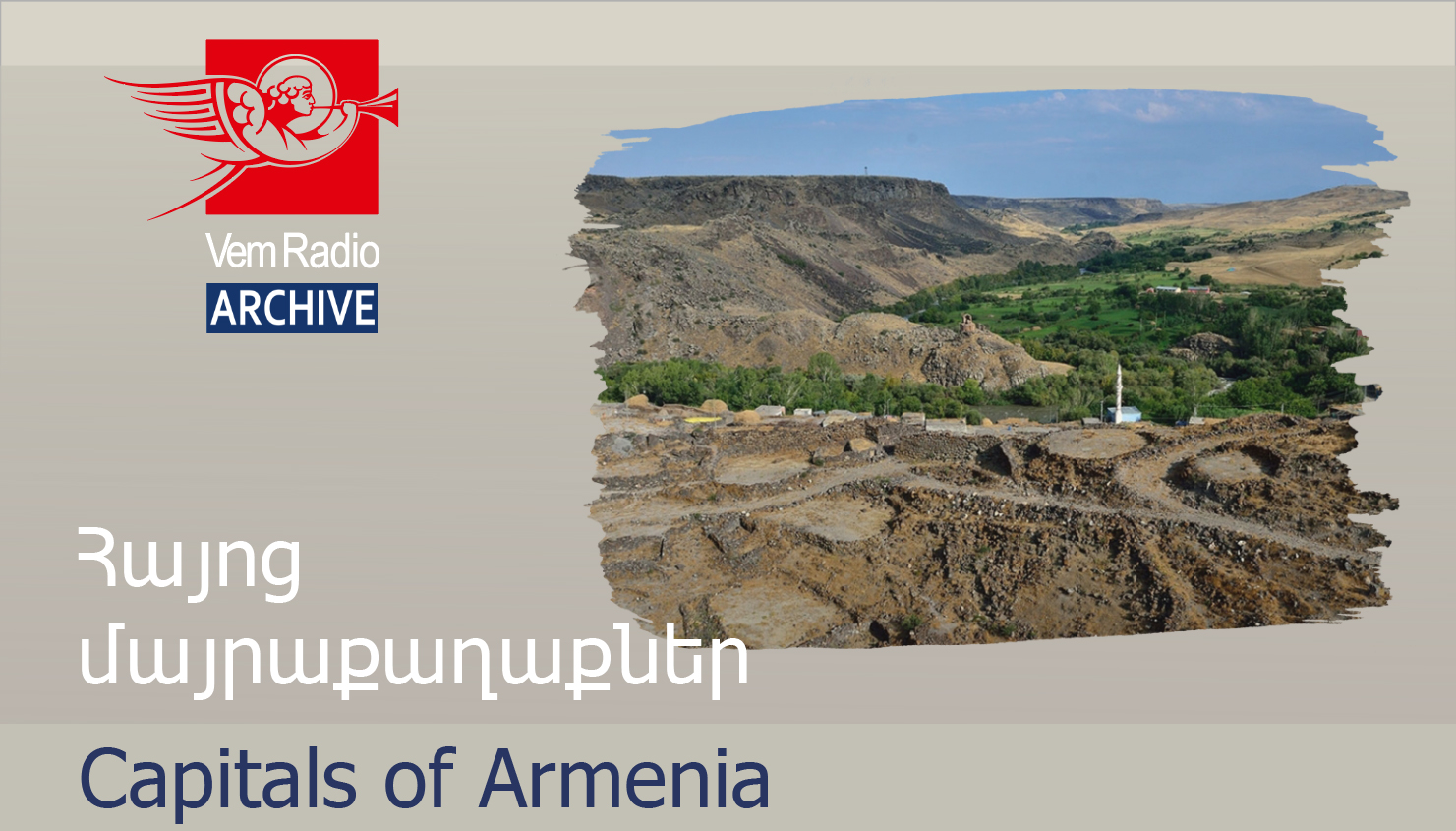
Bagaran
In 884 or 885, the Armenian nobles coronated Ashot Bagratuni. The newly established Bagratid Kingdom needed to have its capital city. Despite the fact that the capital city of the Arsacids, Dvin, was one of the biggest cities of Armenia, it was always under the threat of attacks by Atropatene. The Bagratids chose impregnable Bagaran on the right bank of the Akhuryan river as the capital city.

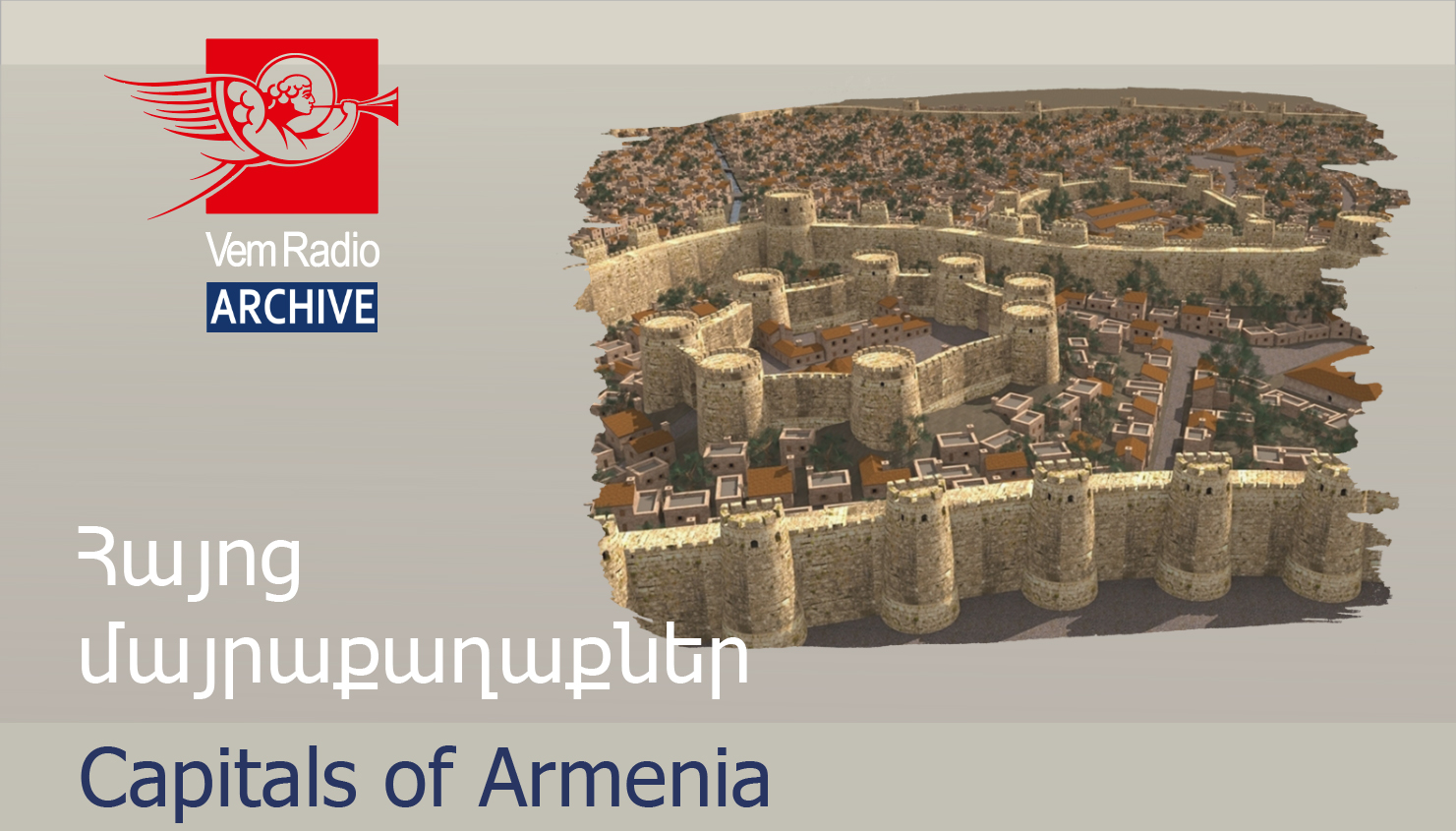
Dvin
Armenian and foreign researchers often confused the ruins of Dvin with those of Artashat. The reason was the proximity of the two notable cities. Sometimes only the fortress and the hill were called Dvin, later the whole city, and sometimes the part of the Ararat valley and the river Arax were called Plain of Dvin and the River of Dvin. As a capital, Dvin was founded in the 30s of the 4th century, when the Armenian king Khosrov Kotak (330 - 338) moved the royal court from Artashat to Dvin.

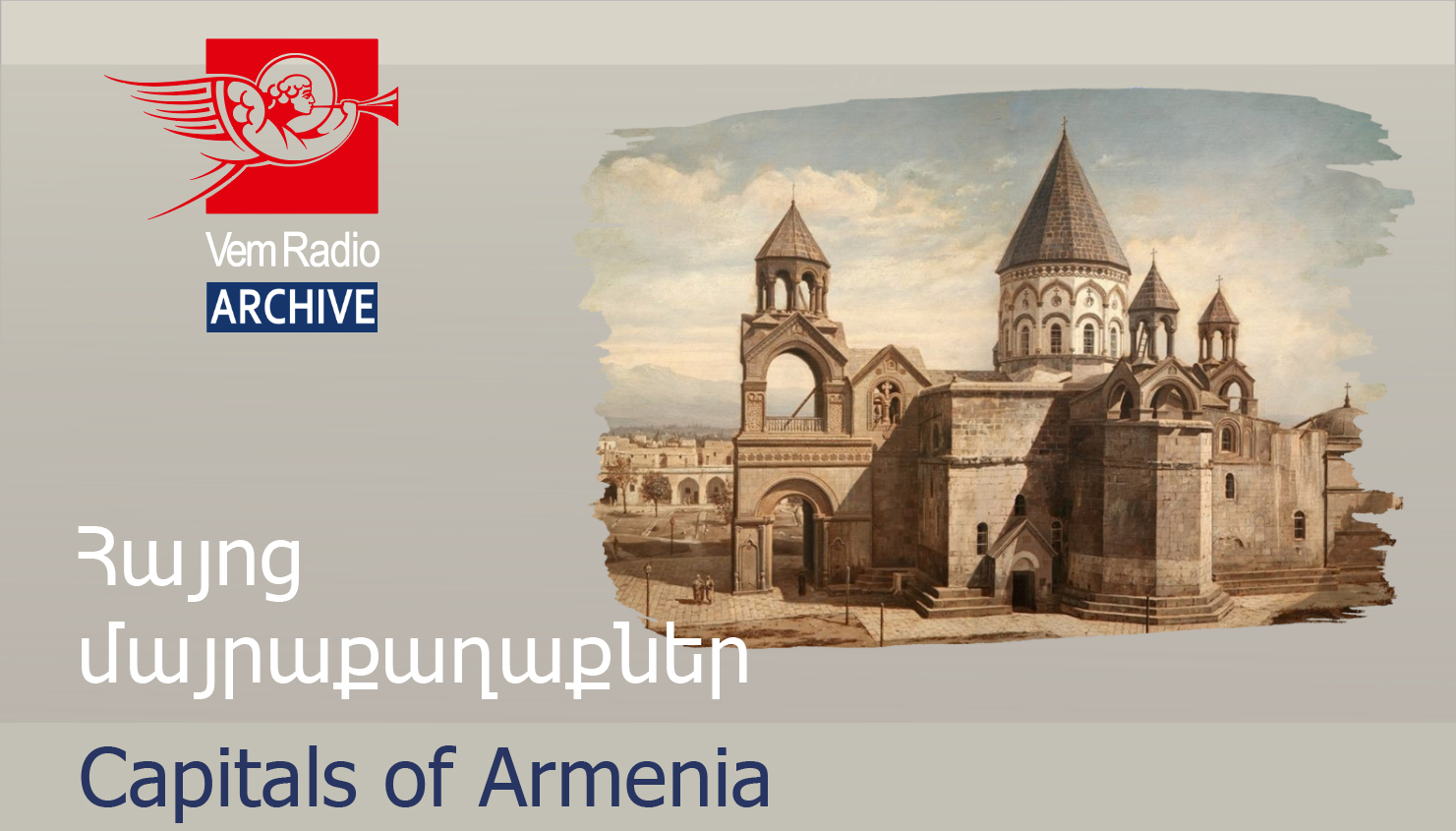
Vagharshapat
On the territory of Vagharshapat, there was a settlement even in the Stone Age. In the half of the second century, the Romans tried to conquer Armenia and make it a province of Rome. In the year 163, for the second time, Vagharshapat was declared the capital of Armenia by the Romans. The significance of Vagharshapat grew especially after the proclamation of Christianity as the state religion. The devotees of the new religion built the first Christian Cathedral of Armenia - Holy Etchmiadzin.

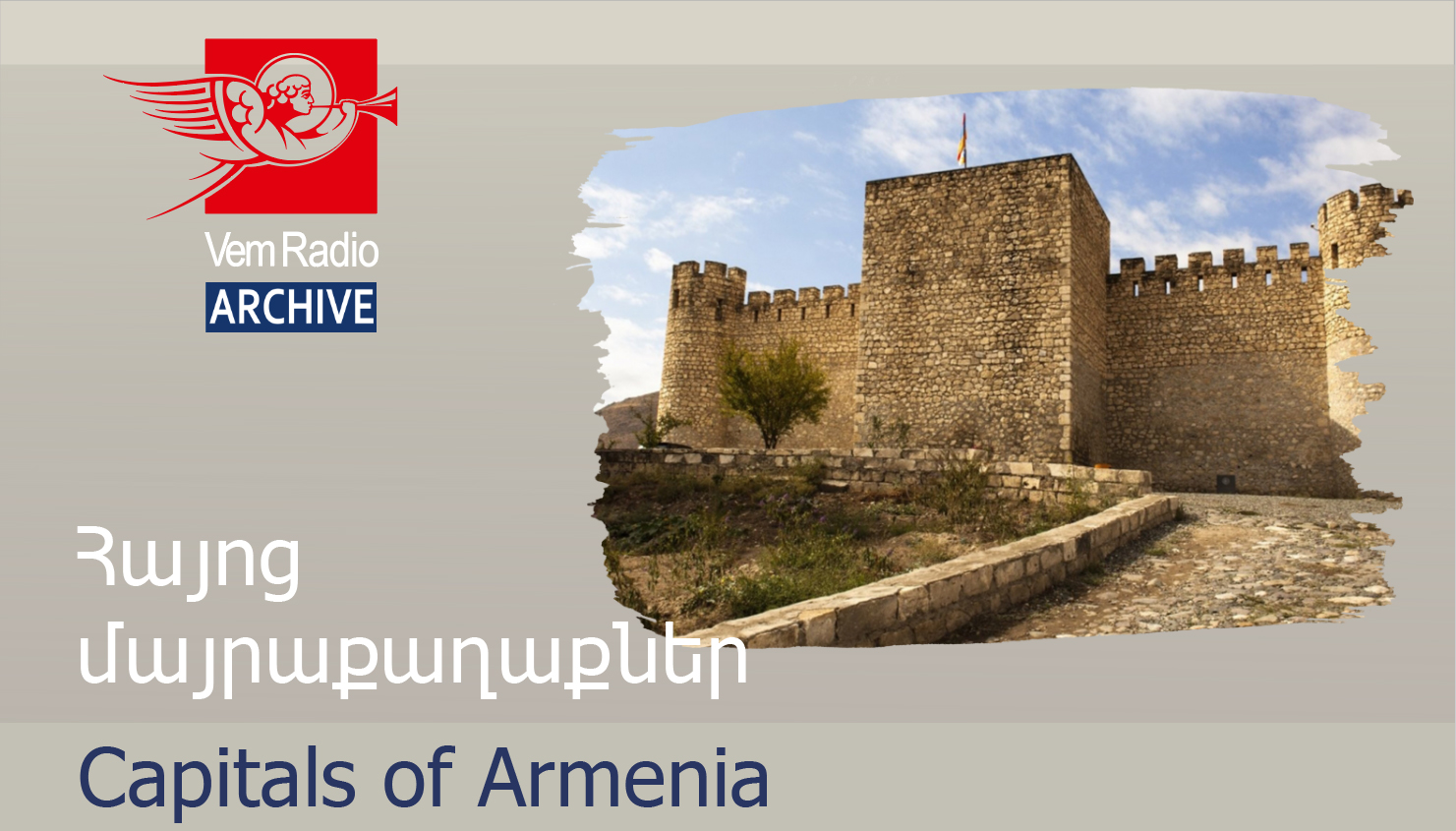
Tigranocerta
The city was built in the 70s BCE and was called Tigranocerta (Armenian – Tigranakert) in honor of the Armenian king Tigranes the Great. To inhabit the capital city, the king relocated into it part of the urban population that had been forcefully driven out by him from the countries he had conquered.

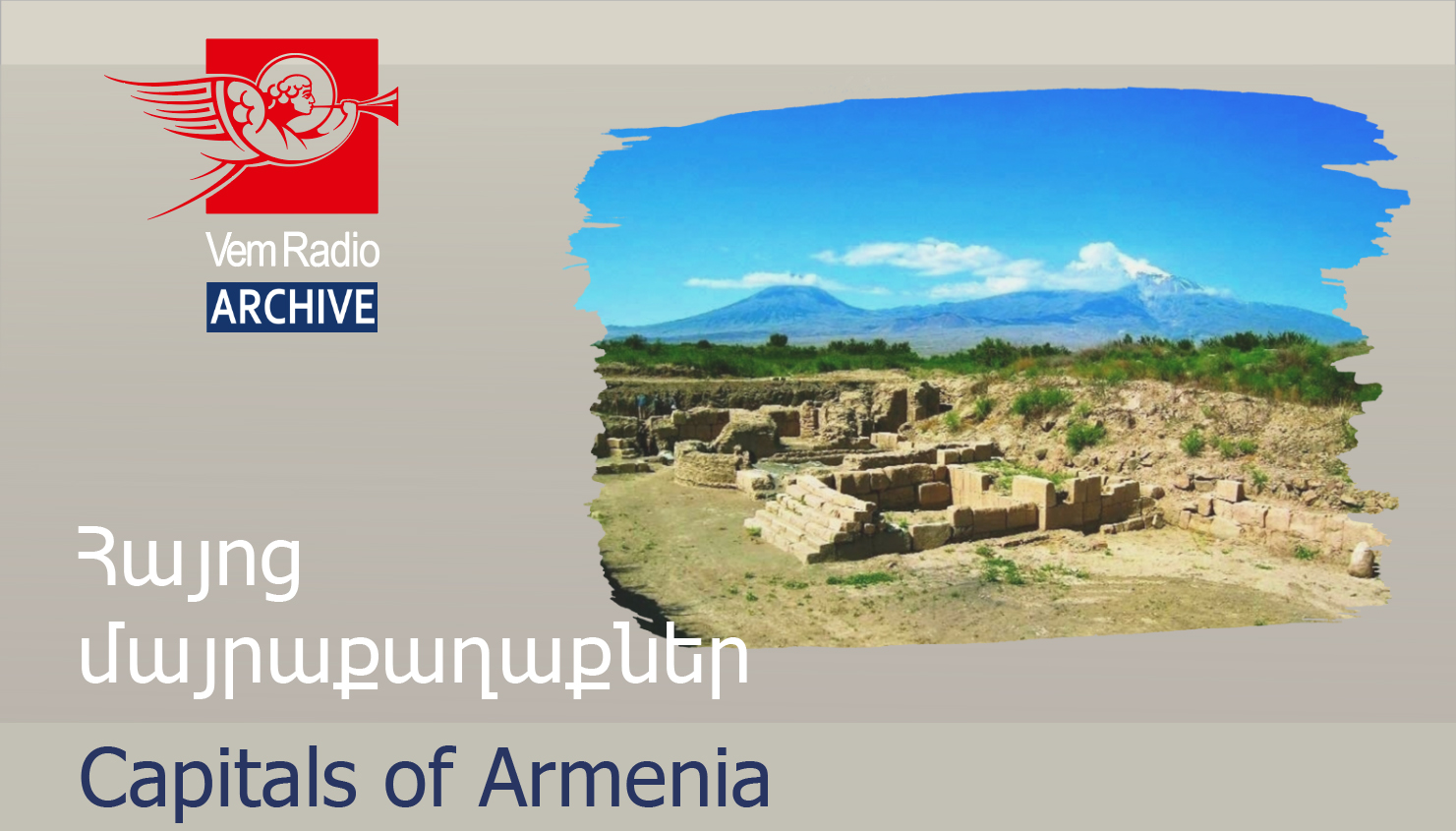
Artashat
King Artashes the 1st is one of the major political and martial figures in the history of our nation. He founded a new capital city calling it Artashat. It had an intense development during the reign of Artavazd, the son of the king Tigran the Great.

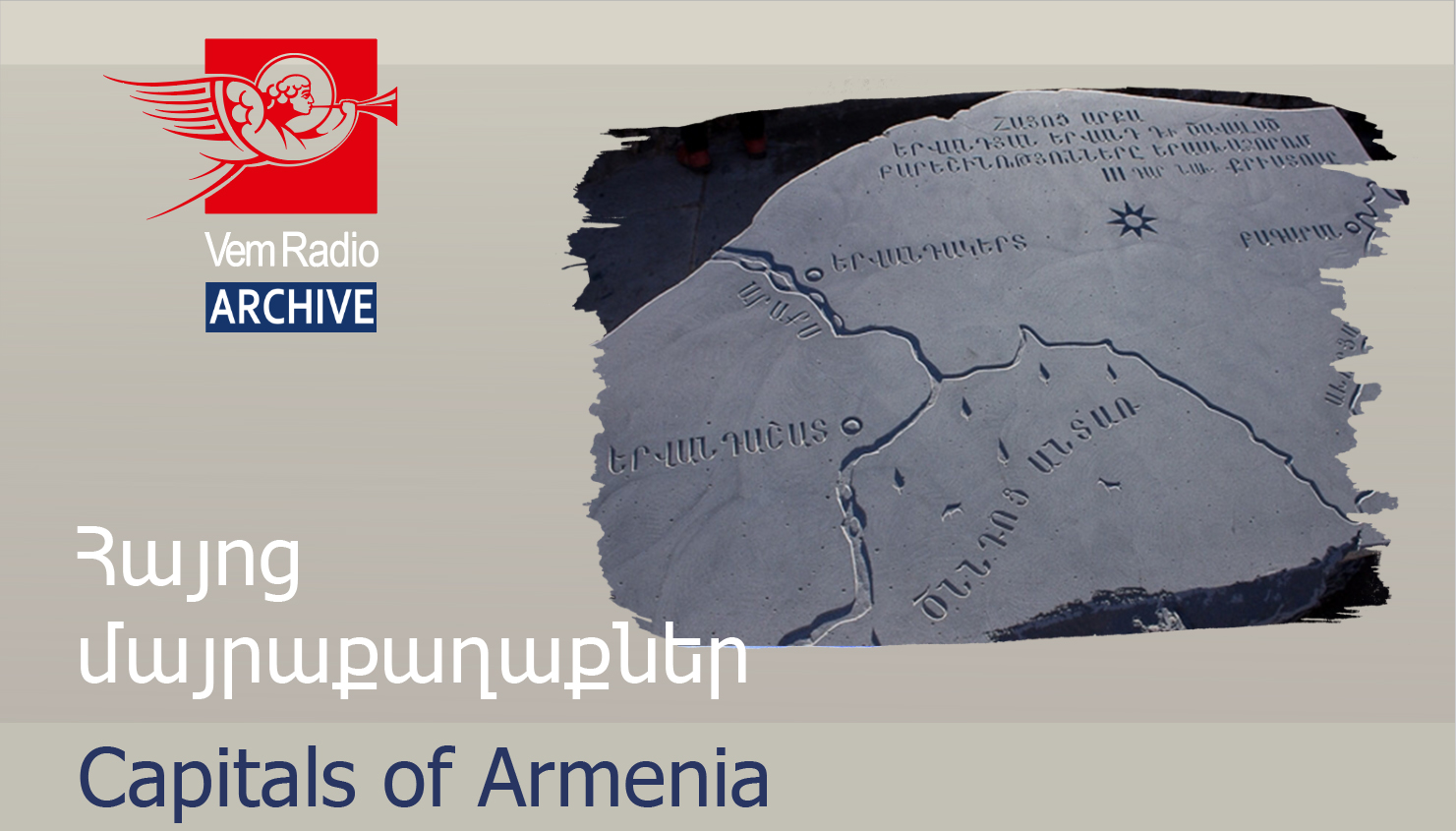
Yervandashat
This capital city was built by the last king Yervand in 220 BCE, on a hill, in Yeraskhadzor region of Ayrarat province where the Arax and Akhuryan rivers meet. After the death of Yervand, Yervandashat remained one of the largest cities of Armenia up to the 4th century, but the troops of Persian king Shapur II fully destroyed it.

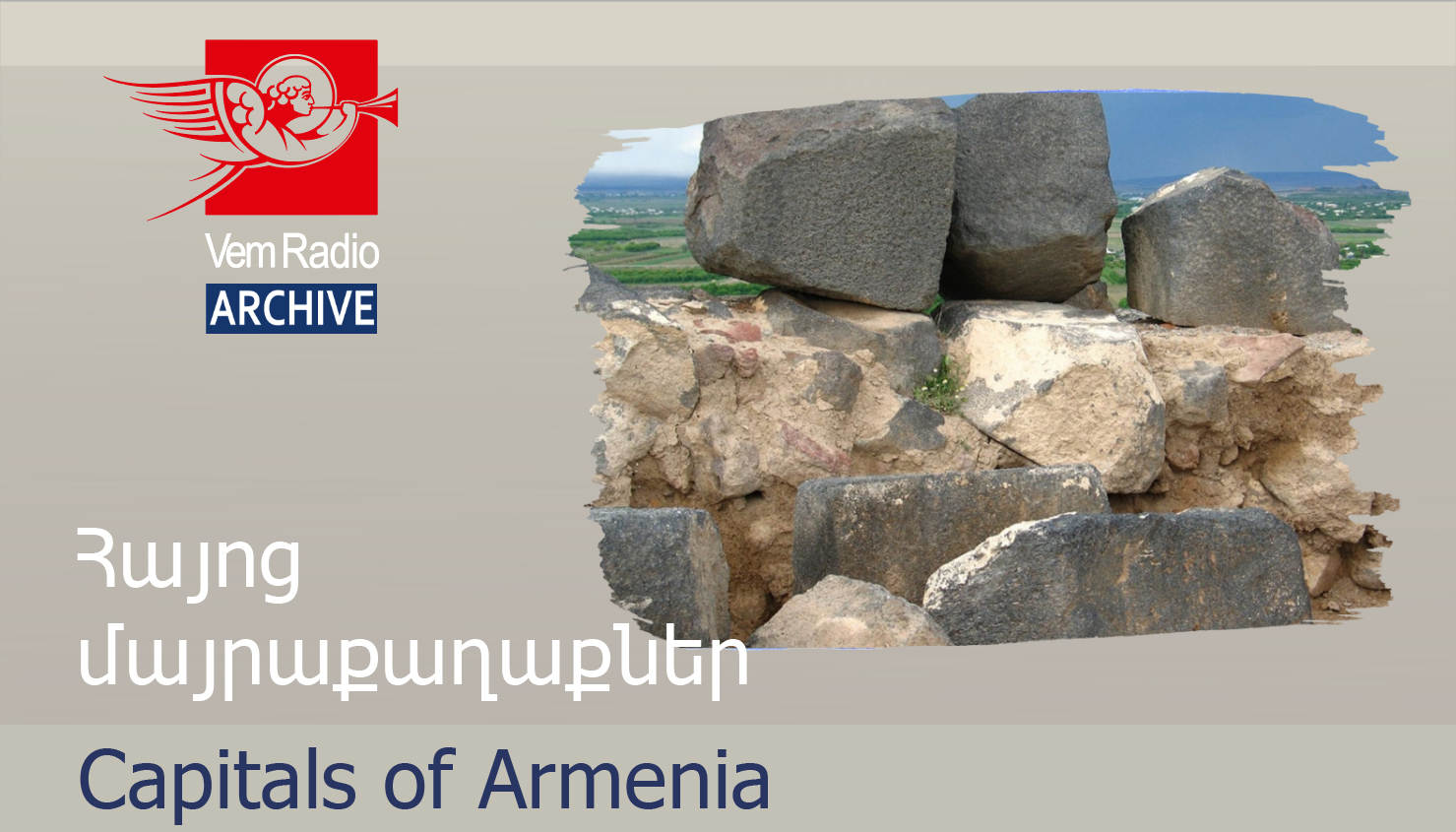
Armavir
The city of Armavir was situated on a hill near the village of Haykavan in the present Armavir marz. King Argishti has left a cuneiform inscription on the establishment of the city.

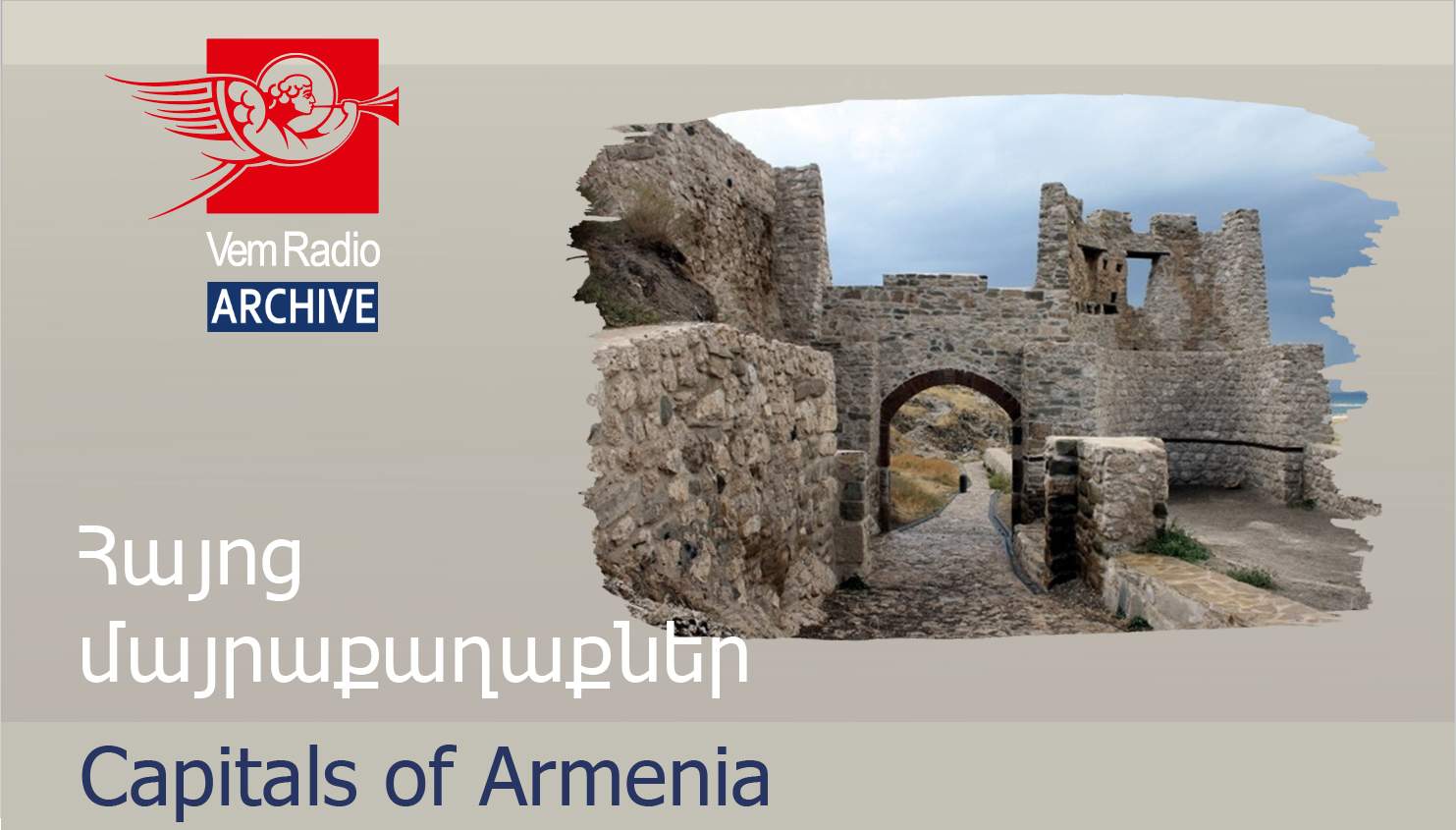
Van
The city of Van was founded in the first half of the IX century BCE. In that ancient period, its name was Tushpa. The Armenians called this city Van after the name of the central region of the state of Urartu, the Biayna or Biainili land. The name Van is considered to be an Armenian transcription of Biayna and means "place of residence," "settlement."